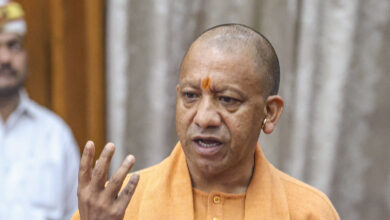
Co-founder and Chief Executive Officer of Zerodha, Nithin Kamath, sounded a serious alarm on social media against a growing scam that could affect bank accounts. In a video shared by Zerodha, Kamath explained the methods the fraudsters use, whom they target, and some of the tips necessary to protect your personal information.
It sets a very relatable scene right in the beginning of this warning-some stranger asking for one’s cell phone for some emergency call, with many readily acceding out of goodwill. The simple move invites drastic acts into operation. Therefore, Kamath warned, “From intercepting your OTPs to draining your bank accounts, scammers can cause serious damage without you even realizing it.
The video explains how fraudsters take advantage of such situations. While faking the call, they can download some malicious apps or manipulate already installed ones to steal personal data or change phone settings. This may lead to calls and messages, including bank alerts, being forwarded to the scammer’s number. With this access, they can execute unauthorized transactions and even change account passwords.
The video also warns against giving out phones to strangers, but rather, one should offer to dial the number for the stranger and keep the phone on speaker. Since being posted, Kamath’s video has gained over 450,000 views. Comments range from “You won’t actually see anything out of the ordinary happen. You won’t see any explicit signs of foul play, and that’s why it’s so dangerous.You won’t even know it’s happening until it’s too late.”.
Another remarked, “Thanks for pointing out., but this is sad. Already a low trust society. this makes things even worse.” Others suggested that Kamath translate the video into many Indian languages so it could be disseminated across a broader swath of society. These commenters surely recognize that local dialects are a primary method by which most scammers operate.
Overall, the advice to dial the number and put the call on speaker without ceding the phone has struck a chord with viewers, underlining the need for vigilance in an era of sophisticated scams.



